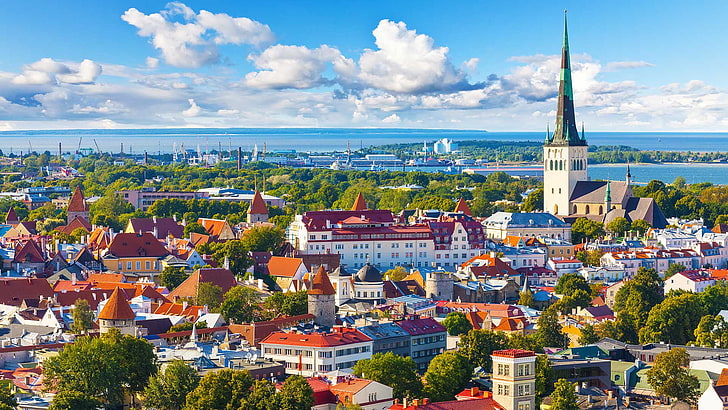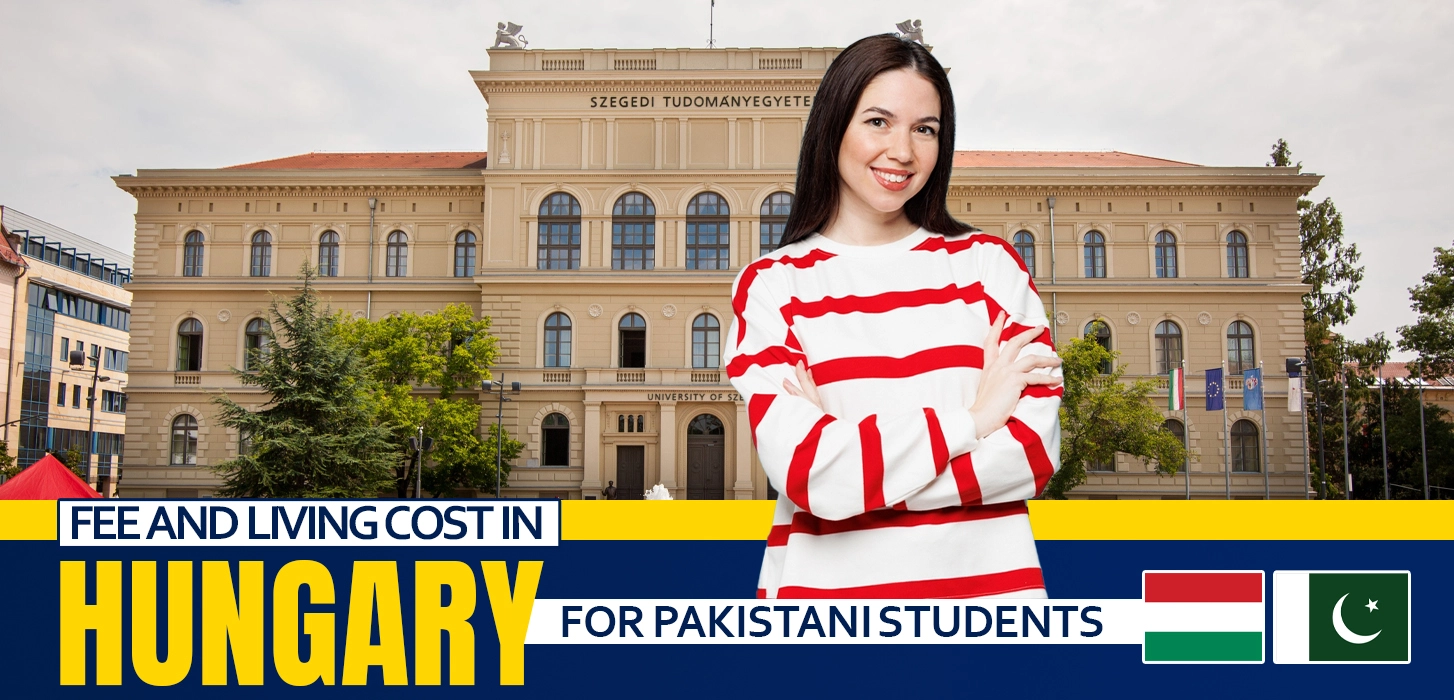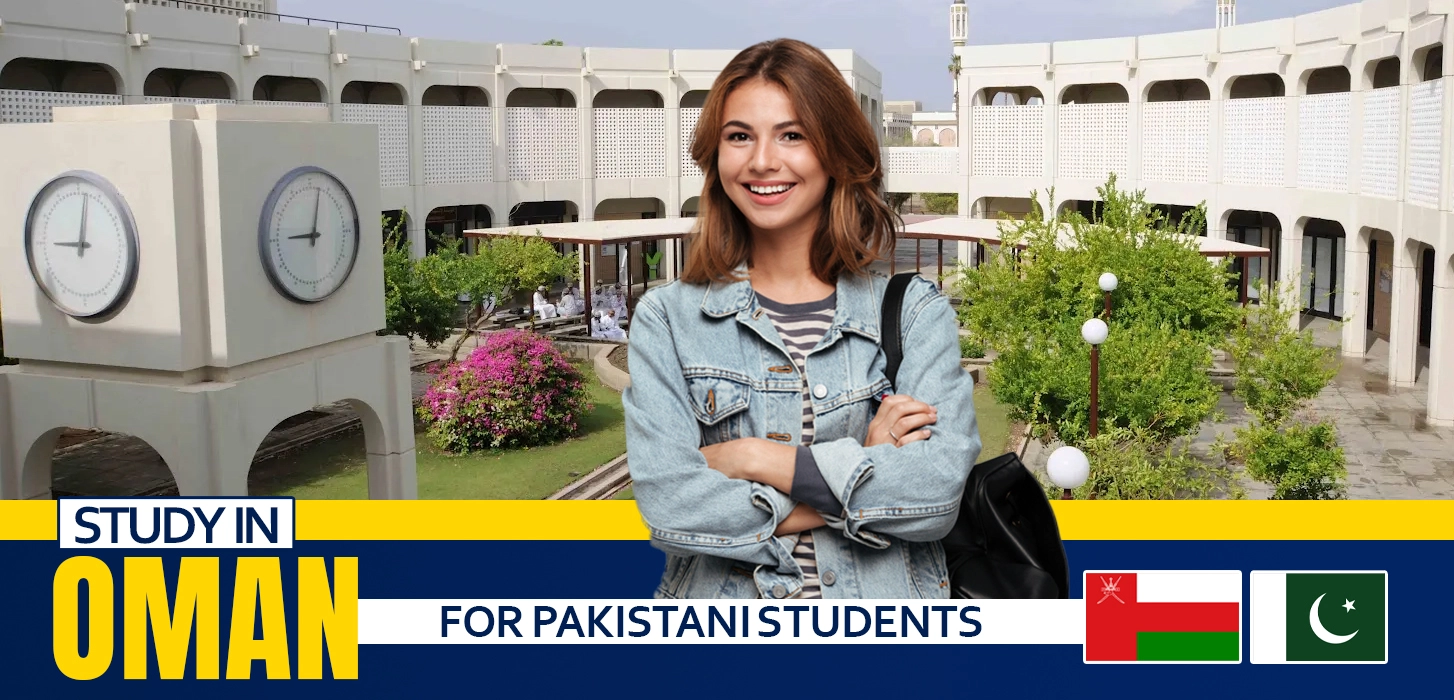
Study MBBS in Croatia 2025-26 | Tuition Fee | Visa Guide
Croatia, a picturesque country nestled along the Adriatic Sea, is gaining recognition as a prominent destination for international students aspiring to pursue a career in medicine. To embark on this educational journey, understanding the intricate admission criteria is essential. This guide provides a comprehensive overview of the MBBS admission criteria for studying in Croatia.
| Location | Southeastern Europe, on the Adriatic Sea. |
| Currency | Croatian Kuna (HRK). |
| Language | Croatian (Official), English Widely Spoken. |
| Work Allowed | Part-time jobs available for students. |
| Global Recognition | Degrees recognized internationally. |
| Tuition Fees | Affordable, Varies by Program and University. |
| Accommodation | Costs vary, €150 – €500/month. |
| Living Expenses | Moderate, €400 – €800/month. |
| Intakes | Mainly October, Some in February. |
| Visa Processing | Typically 2-3 months. |
| Application Fee | Varies, Usually €50 – €150. |

University of Zagreb School of Medicine: The University of Zagreb, located in the capital city Zagreb, is the oldest and largest university in Croatia. Its School of Medicine offers a high-quality medical program with a focus on research, clinical practice, and public health. The university collaborates with numerous hospitals for practical training. Average Tuition Fee: $7,000 – $9,000 per year.
University of Rijeka Faculty of Medicine: The Faculty of Medicine at the University of Rijeka provides comprehensive medical education with an emphasis on preventive medicine, primary care, and community health. The program includes practical training in various medical specialties. Average Tuition Fee: $6,500 – $8,000 per year.
University of Split School of Medicine: The University of Split, located in Split, offers medical education through its School of Medicine. The program focuses on evidence-based medicine, clinical skills, and research. Students receive practical training in affiliated hospitals and clinics. Average Tuition Fee: $6,000 – $7,500 per year.
Josip Juraj Strossmayer University of Osijek Faculty of Medicine: Located in Osijek, this faculty offers a comprehensive medical curriculum with a focus on patient-centered care and disease prevention. The program includes hands-on training in various medical fields. Average Tuition Fee: $5,800 – $7,200 per year.
University of Dubrovnik Department of Health Studies: The University of Dubrovnik provides health studies programs, including nursing and other related fields. The Department of Health Studies offers practical education in healthcare, preparing students for careers in various healthcare settings. Average Tuition Fee: $5,500 – $6,800 per year.
Juraj Dobrila University of Pula Faculty of Health Sciences: This faculty in Pula offers health sciences programs with a focus on community health and healthcare management. The curriculum includes theoretical courses and practical training in health services. Average Tuition Fee: $5,200 – $6,500 per year.
Bishop’s University Centre for Health Studies: Located in Djakovo, the Centre for Health Studies offers programs in nursing and health-related fields. The curriculum emphasizes practical skills and patient care. Students receive hands-on training in healthcare facilities. Average Tuition Fee: $5,000 – $6,200 per year.
| University Name | Average Tuition Fee Range (per year) |
|---|---|
| University of Zagreb School of Medicine | $7,000 – $9,000 |
| University of Rijeka Faculty of Medicine | $6,500 – $8,000 |
| University of Split School of Medicine | $6,000 – $7,500 |
| Josip Juraj Strossmayer University of Osijek Faculty of Medicine | $5,800 – $7,200 |
| University of Dubrovnik Department of Health Studies | $5,500 – $6,800 |
| Juraj Dobrila University of Pula Faculty of Health Sciences | $5,200 – $6,500 |
| Bishop’s University Centre for Health Studies | $5,000 – $6,200 |
Eligibility Requirements
Prospective students aiming to pursue an MBBS degree in Croatia typically need to have completed their secondary education with a focus on science subjects such as Biology and Chemistry. Proficiency in the English language is crucial and is often assessed through standardized tests like IELTS or TOEFL. Some universities may also conduct their own entrance exams to evaluate applicants’ knowledge in relevant subjects.
Entrance Exams
Entrance exams are a common prerequisite for admission to Croatian medical universities. These exams assess applicants’ understanding of subjects such as Biology, Chemistry, and Physics. A strong performance in these exams significantly enhances the chances of acceptance. Diligent preparation and a solid understanding of core concepts are essential for excelling in these assessments.
Application Procedure
Applying for MBBS programs in Croatia involves completing an online application form and submitting essential documents. These documents typically include academic transcripts, certificates, a valid passport, proof of language proficiency, and results from entrance exams if applicable. Attention to detail and adherence to application deadlines are vital for a successful application process.
Recognition of Degrees
Verifying the recognition of the degree offered by the chosen university is paramount. Opting for universities recognized by international medical bodies such as the World Health Organization (WHO) ensures the global acceptance of the degree. Recognition by national medical councils is also essential for future licensure and practice opportunities in various countries.
Tuition Fees and Scholarships
Croatia is known for offering competitive tuition fees for international students pursuing medical education. However, fees can vary between universities and programs. Prospective students should research the fee structures of different institutions. Additionally, exploring scholarship opportunities based on academic merit or other criteria can significantly alleviate the financial burden, making medical education in Croatia accessible to a diverse range of students.
Visa Requirements and Residence Permit
Once accepted into a Croatian medical university, students need to apply for a student visa. This process involves providing necessary documents, including the admission letter, proof of financial means, a valid passport, and other relevant documents. After arriving in Croatia, students are required to obtain a student residence permit, adhering to visa and residence permit regulations throughout their studies.
Accommodation and Living Expenses
Croatia offers various accommodation options, including university dormitories and private apartments. Students should explore these options based on their budget and preferences. Budgeting for living expenses, covering aspects such as housing, food, transportation, and personal needs, is crucial for financial stability and a comfortable stay throughout the academic tenure.

Admission Process:
Begin your application by applying to a recognized medical university in Croatia. Ensure you meet academic requirements and prepare necessary documents, including transcripts, recommendation letters, and a personal statement. Some universities might require entrance exams or interviews.
Acceptance Letter and Confirmation of Enrollment:
Once accepted, you’ll receive an official acceptance letter from the university. This letter confirms your enrollment and is crucial for your visa application.
Student Visa Application Requirements:
Prepare documents such as a valid passport, completed visa application form, university acceptance letter, proof of financial means to cover tuition and living expenses, travel insurance, and a medical certificate. Requirements can vary, so check the official website of the Croatian embassy or consulate in your country.
Language Proficiency and Preparatory Courses:
Ensure you meet the university’s language proficiency requirements. Some universities offer preparatory courses for international students to enhance their language skills before starting the main program.
Visa Application Submission:
Submit your visa application and documents to the nearest Croatian embassy or consulate. Adhere to deadlines and ensure all information is accurate and complete.
Visa Interview (if required):
Prepare for a visa interview if it’s part of the application process. Be ready to discuss your plans for studying in Croatia and your future intentions.
Financial Planning and Scholarships:
Explore scholarship opportunities and plan your finances to cover tuition, accommodation, food, transportation, and personal expenses during your stay in Croatia.
Health Insurance and Medical Check-up:
Acquire health insurance accepted in Croatia. Some universities might require a medical check-up upon arrival.
Arrival and Orientation:
Attend the university’s orientation program upon arrival. Familiarize yourself with the campus, local culture, and essential facilities. Register with local authorities as required.
Student Support Services:
Familiarize yourself with the university’s student support services, including academic advising, counseling, and accommodation assistance.
The eligibility criteria for studying MBBS in Croatia can vary slightly between universities. However, here are the general eligibility requirements that students typically need to meet:
Academic Qualifications:
- Applicants must have completed their secondary education or an equivalent qualification with a strong academic background in subjects such as Biology, Chemistry, and Physics.
- The minimum percentage or GPA requirement may vary, so it’s essential to check the specific requirements of the chosen university.
Language Proficiency:
- Proficiency in English or Croatian is mandatory for international students applying for MBBS programs in Croatia.
- Students may need to provide proof of their language proficiency through standardized tests such as IELTS, TOEFL, or language proficiency exams conducted by the respective universities.
Entrance Exams:
- Some universities in Croatia require students to pass specific entrance exams related to Biology and Chemistry. The format and content of these exams can vary, so it’s crucial to prepare thoroughly based on the university’s requirements.
Medical Examination:
- Applicants might need to undergo a medical examination to ensure they are physically fit to pursue a medical degree. This examination is generally to assess the student’s overall health and might include tests for communicable diseases.
Interview:
- Some universities conduct interviews as part of their selection process. The interview allows the university to assess the applicant’s motivation, communication skills, and understanding of the medical profession.
Application Documents:
- Students need to submit a completed application form, academic transcripts, letters of recommendation, a statement of purpose, and a valid passport. It’s essential to check the specific document requirements of the university to which you are applying.
Visa and Residence Permit:
- International students, including those from non-EU countries, need to obtain a student visa and a temporary residence permit for the duration of their studies in Croatia. Students should apply for these permits well in advance of the academic session.
The duration and structure of MBBS programs in Croatia can vary depending on the university. However, here is a general overview of what you can expect:
Duration: MBBS programs in Croatia typically have a duration of six years. These six years are divided into pre-clinical and clinical phases.
Pre-Clinical Phase (Years 1-3):
- The first three years are dedicated to pre-clinical studies, which focus on building a strong foundation in basic medical sciences.
- Students study subjects like Anatomy, Physiology, Biochemistry, Pharmacology, and Medical Genetics during this phase.
- The emphasis is on theoretical knowledge and understanding the fundamental aspects of medicine.
Clinical Phase (Years 4-6):
- The last three years are the clinical phase, where students engage in hands-on clinical training and gain practical experience.
- Students rotate through different medical specialties, gaining exposure to various fields of medicine.
- Clinical training often takes place in affiliated hospitals, clinics, and healthcare facilities.
- During this phase, students also participate in clerkships, where they work alongside experienced medical professionals.
Teaching Methods:
- Lectures: Students attend lectures to receive theoretical knowledge from professors and experts.
- Laboratory Work: Practical sessions in laboratories allow students to apply their theoretical knowledge in experiments and analyses.
- Seminars: Interactive seminars provide a platform for discussions, case studies, and problem-solving exercises.
- Clinical Training: Hands-on training in hospitals and healthcare settings, where students interact with patients under the supervision of licensed physicians.
Examinations:
- Students are evaluated through regular assessments, written examinations, practical exams, and clinical assessments.
- Successful completion of exams is necessary to progress to the next academic year and ultimately graduate.
Internship and Residency:
- After completing the MBBS program, graduates in Croatia typically undergo a compulsory internship period, gaining practical experience in different medical specialties.
- Graduates may choose to pursue further specialization through residency programs in specific fields of medicine.
Yes, international students studying in Croatia are generally allowed to work part-time. EU and EEA (European Economic Area) students have unrestricted access to the Croatian labor market. Non-EU/EEA international students are allowed to work part-time during their studies, typically up to 20 hours per week, with some restrictions during study breaks.
Yes, medical degrees obtained from recognized universities in Croatia are internationally recognized. Graduates can pursue further education, participate in medical licensure exams, or practice medicine in various countries worldwide. It’s essential to choose universities that are accredited and recognized by international medical bodies for global recognition.
Tuition fees for MBBS programs in Croatia vary depending on the university and program. On average, the annual tuition fees for international students range from €7,000 to €12,000. Living expenses, including accommodation, food, transportation, and miscellaneous expenses, are estimated to be around €500 to €800 per month, depending on the city and lifestyle.

Latest Post
Lithuania has become an attractive destination for Pakistani students seeking...
Many Pakistani students dream of studying abroad but are often...
According to the Ministry of Education and Research report, In...
Pursuing higher education in New Zealand is a top destination...
The UK has always been a student-preferred destination for gaining...
Understanding the tuition fee & living cost in China is...
Hungary is an increasingly popular choice for Pakistani students pursuing...
Studying in Oman is an excellent opportunity for Pakistani students...










